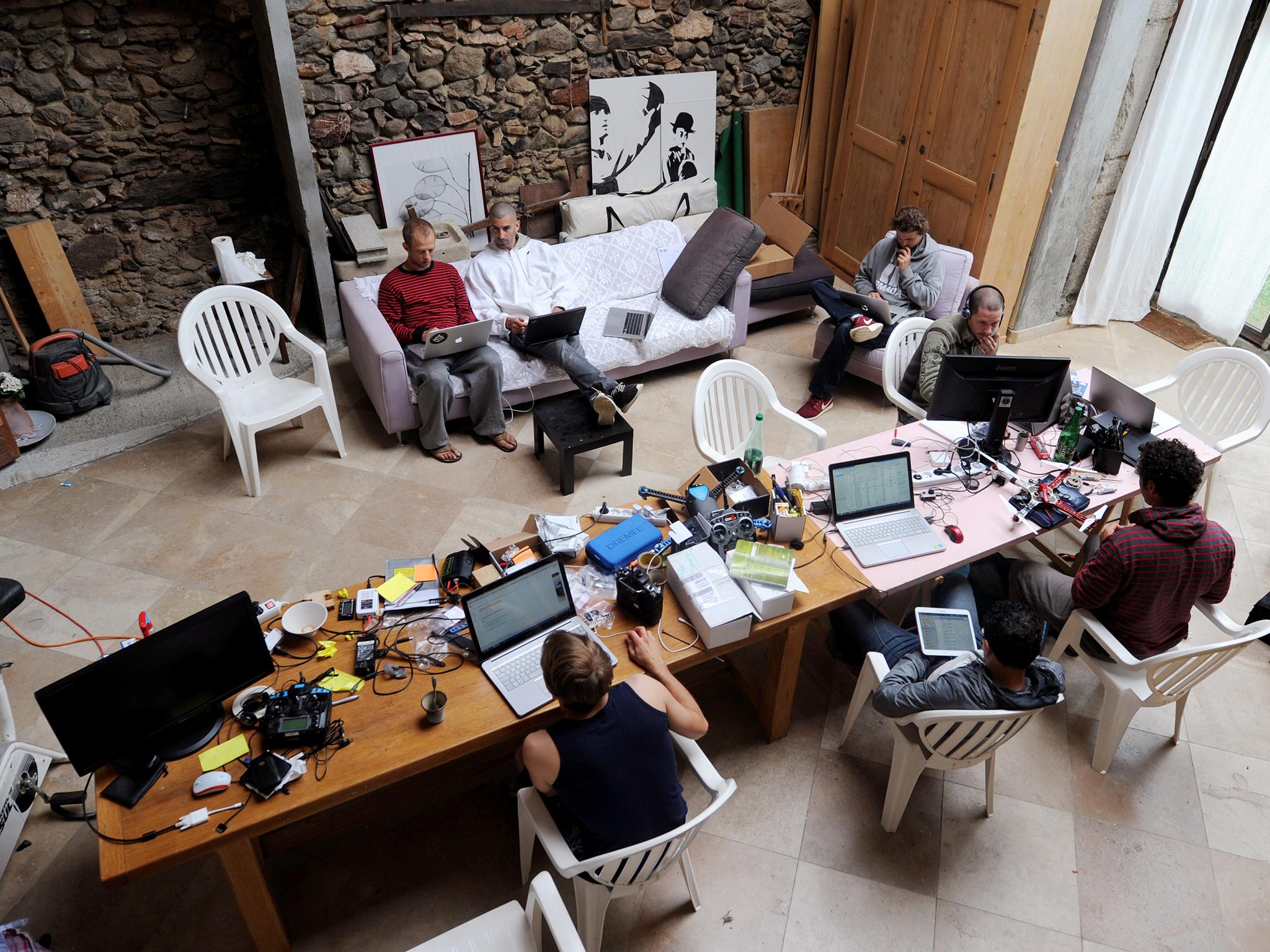The UK produces huge amounts of startups – but our obsession with personality cults means they fail to grow
A study published last year concluded that Western societies have an 'in-built preference for maverick entrepreneurs who inspire and motivate others with their bold personal vision'. It's this preference which may have started to cripple young companies which had so much promise at the beginning

If I got a pound for every time a startup pitched to me with the hope of some coverage, I’d be rich.
Not a day goes by when I don’t receive an email introducing the latest whizzkid of tech, retail, finance or fashion. I’ve spent too long wondering where it all went wrong for me, after skimming through biographies of prodigious millennials who sold their first company aged 13 before launching seven others.
I’ll admit it: I’ve contemplated sending my own CV to one of those wunderkinds, hopeful that – by merely being in their hallowed presence – some of that entrepreneurial fairy dust might rub off, and I too might go on to disrupt what's left to disrupt.
The hard data makes the prospect even more compelling. Venture capitalists are pumping bags of money into startups, at least in industries like fintech – think crypto-currencies, peer-to-peer lending platforms, and mobile banking. And that’s despite Brexit.
Dig a little deeper, though, and you’ll find that the UK is not the land of innovative Goliaths and big, swinging visionaries that my inbox might suggest. The City’s metaphorical pastures are not filled with droves of grazing unicorns. In fact, in the entrepreneurial rankings, the UK in some respect isn’t actually cutting the startup mustard at all.
Although we score third globally in an OECD ranking of the number of startups created, we don’t make it into the top ten when it comes to businesses that grow into established, medium-sized companies that have a lasting impact on our economy.
When it comes to unicorns – defined as startups that grow to reach a valuation of $1bn or more – the UK has more than many other European countries, but lags dramatically on a global comparison.
Some 54 per cent of unicorns are US-based, followed by 23 per cent in China. India scores higher than the UK too, accounting for 4 per cent of the herd. A study done by the Enterprise Research Centre found that of the 239,649 firms started in the UK in 1998 only 11 per cent survived the following 15 years. So where are we going wrong?
As ever in business, money is part of the equation. While fresh capital is abundant in some sectors and for the right names at an early stage, it’s when a company starts growing – like a troublesome teenager – that things start looking rocky.
So-called scale-up finance – used by companies to expand, sometimes into foreign markets – is harder to come by because more of it is needed as a company gets larger.
Naturally, because a bigger company requires a bigger sum of cash to make a difference, the risk increases too. The number of venture capitalists willing to take that risk diminishes.
Beyond cash, though, there may be a more innate reason why the UK unicorn community has yet to find its groove.
A study published by academics at Aston University in Birmingham last year concluded that Western societies have an “in-built preference for maverick entrepreneurs who inspire and motivate others with their bold personal vision”.
That’s great when you’re bandying around ideas for moon-shoot projects, slumped in beanbags in Shoreditch with nothing to lose and billions to potentially gain, but when the challenge involves sustainably expanding a business, based on financial rationale and sense, a maverick might not be the steady pair of hands required to get the job done.
Examples of companies that have outgrown their leaders serve as potent reminders that successfully making a splash won’t mean you can navigate the sea.
“Chequered” would be a delicate way of summing up Uber's most recent quarters under departed CEO Travis Kalanick: a man brimming with passion and revolutionary flair, but a miserable leader of a multi-billion tech behemoth, as it later turned out.
The UK is clearly awash with boundlessly ambitious young things with energy to rival a Duracell bunny, but financial nous, management experience and a head for business take years to develop. Longer even, than it takes the internet to transform a smart idea into an international cooperation.
I think the UK's time as a poster child for new business will come. Our fledgling tech firms are already sparking the interest – and frequently the appetite – of international big shots. They're in demand, desperately forward-looking and fantastically innovative. But figuring out the management spiel and cultural balance is essential to nurturing and growing. As we hobble towards Brexit, and talent threatens to quit the country, perhaps that's more important than ever.
Few nations have hitherto nailed the art of unicorn breeding. With Uber, Airbnb, Didi Chuxing, WeWork and Dropbox, Asia and the US so far have the creatures with the shiniest horns and cleanest hooves.
But the beauty of these mythical creatures is that they can pop up when you least expect them. We do have some success stories. In April a major investment by a San Francisco-based private equity group propelled independent craft brewer Brewdog to unicorn status.
The founders started by brewing tiny batches, filling bottles by hand and selling beer at local markets and out of the back of their van. It’s grown from two to over 500 employers in 10 years. If turning two bored beer-lovers into a mythical creature is not the first step to success, then please tell me what is.
Join our commenting forum
Join thought-provoking conversations, follow other Independent readers and see their replies
Comments